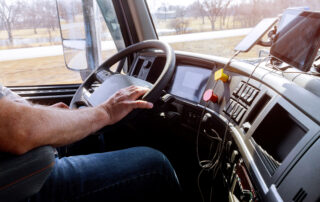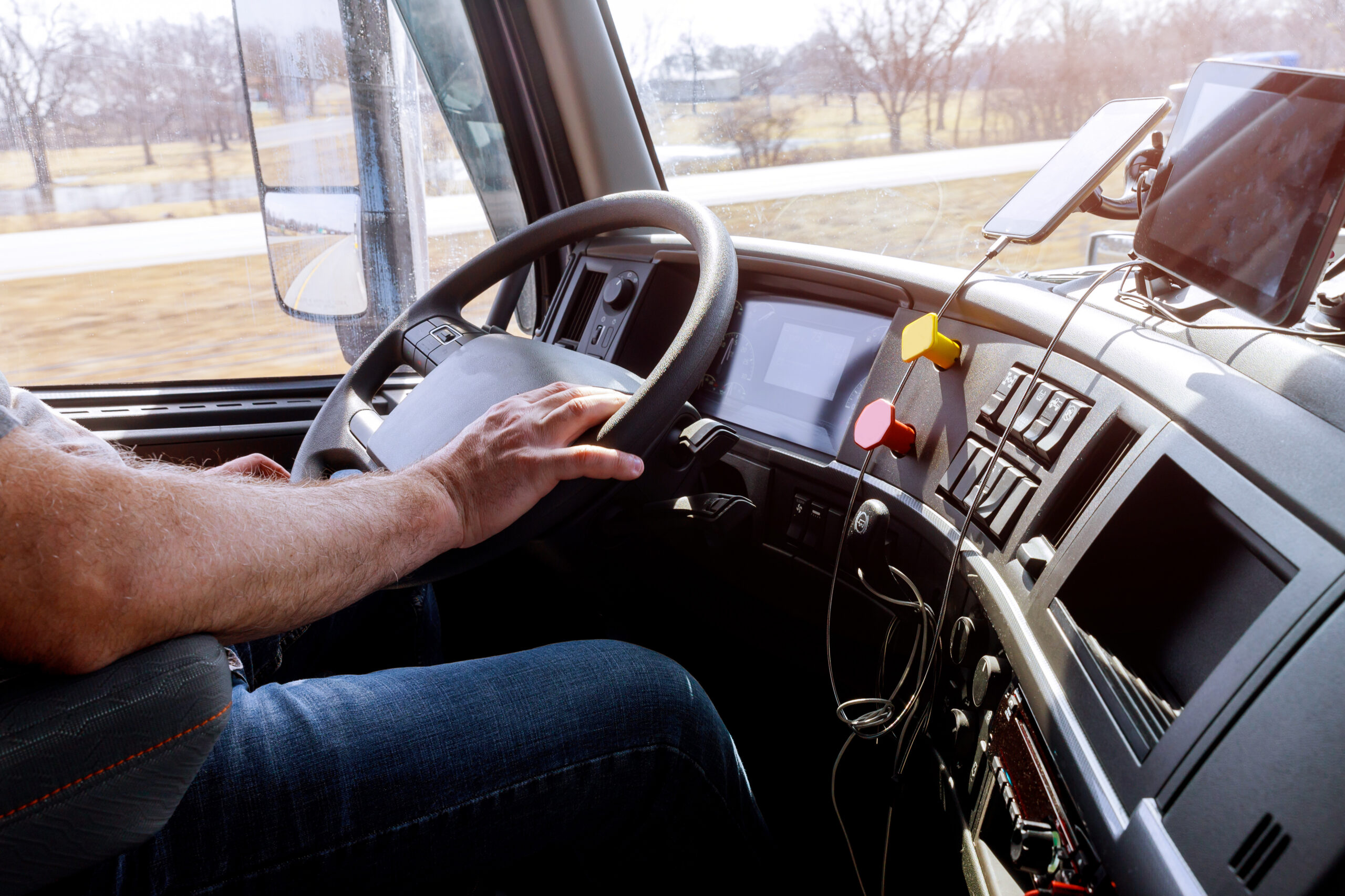The Federal Motor Carrier Safety Administration (FMCSA) recently published a report concerning the role that large trucks play when traveling through work zones. In conjunction with National Work Zone Awareness Week, which took place April 26-30 this year, the FMCSA is specifically focusing on the number of large trucks involved in fatal crashes within work zones.
According to the Federal Highway Administration (FHWA), 842 people died in highway work zone crashes in 2019— which is up from 757 the year prior. In addition, 33% of fatal crashes involved a commercial motor vehicle (CMV). Further, there was a 16% increase in the number of fatal crashes involving large trucks since 2018.
The FMCSA reported that the different factors contributing to fatal work zone crashes were:
- Rear-end collisions—These incidents increased by 29% from 2018 to 2019.
- Speeding incidents—Such incidents increased by 40% from 2018 to 2019.
- Worker fatalities at construction sites—These incidents increased by 9% from 2018 to 2019.
Ways to Stay Safe in Work Zones
There are a few ways that drivers can safely maneuver in work zones to prevent accidents. These include:
- Staying alert—Drivers should not allow themselves to become distracted behind the wheel.
- Obeying traffic signs—Drivers should pay attention to flaggers, if they are present, and obey any lane change or lane direction signage.
- Allowing for extra space between vehicles—Drivers should practice defensive driving habits—such as maintaining an adequate following distance behind other vehicles—and make sure they account for the risk of unsafe drivers on the road, as well as those who are not paying attention in work zones.
- Slowing down—Drivers should always obey any speed limit changes in work zones.
- Planning ahead—Drivers should plan their trips before leaving to know where possible detours are and how to route around them, if possible.
To reduce fatal crashes in work zones, the FMCSA will focus part of its safety awareness initiatives on three states—Florida, Georgia, and Texas. These states experience the highest rates of work zone crashes involving large trucks throughout the nation.
The FMCSA is also providing educational resources and shareable materials to help CMV drivers and the public minimize crashes in work zones.
For additional road safety resources, contact a team member near you at INSURICA.com/our-team today.
© 2021 Zywave, Inc. All rights reserved.
About the Author
Share This Story
Related Blogs
Insurers Turn to Telematics to Address Rising Commercial Auto Losses
Amid a steep rise in accident severity and litigation costs, commercial auto insurers are turning to telematics technology to improve risk assessment and help stabilize a market under financial strain.
Marketplace Coverage and Employer Plans: What Employers Need to Know
As Marketplace health plan premiums rise and subsidies shift, employers are seeing more requests from employees (and their spouses) to drop Marketplace coverage and enroll in an employer-sponsored health plan mid-year. While this may feel straightforward, Marketplace rules and employer plan rules do not always work the same way.
AI Powered Benefits Solutions: Navigating Rising Costs in 2026
Health benefit costs are projected to rise nearly 9% in 2026, putting significant pressure on employers to balance affordability with employee satisfaction. Against this backdrop, artificial intelligence (AI) is emerging as a transformative tool in the benefits space.








